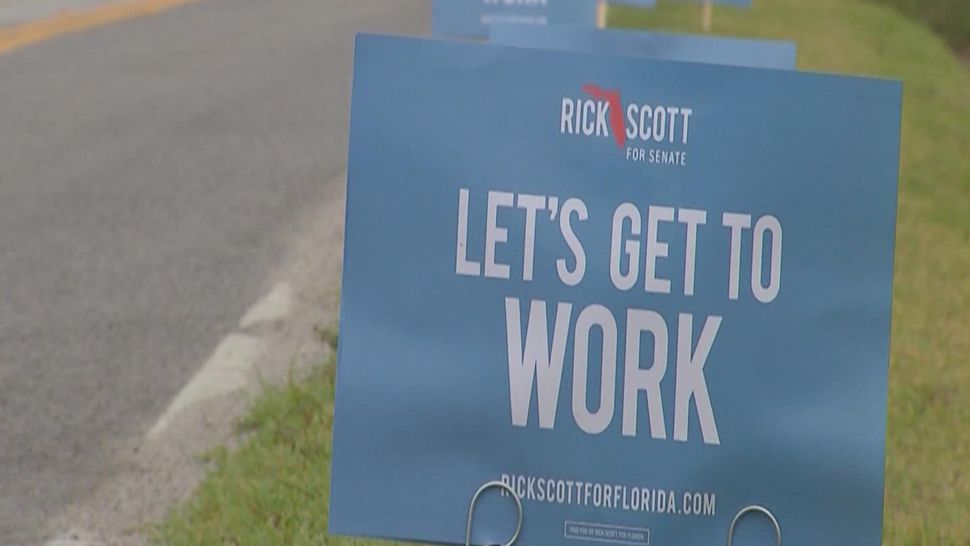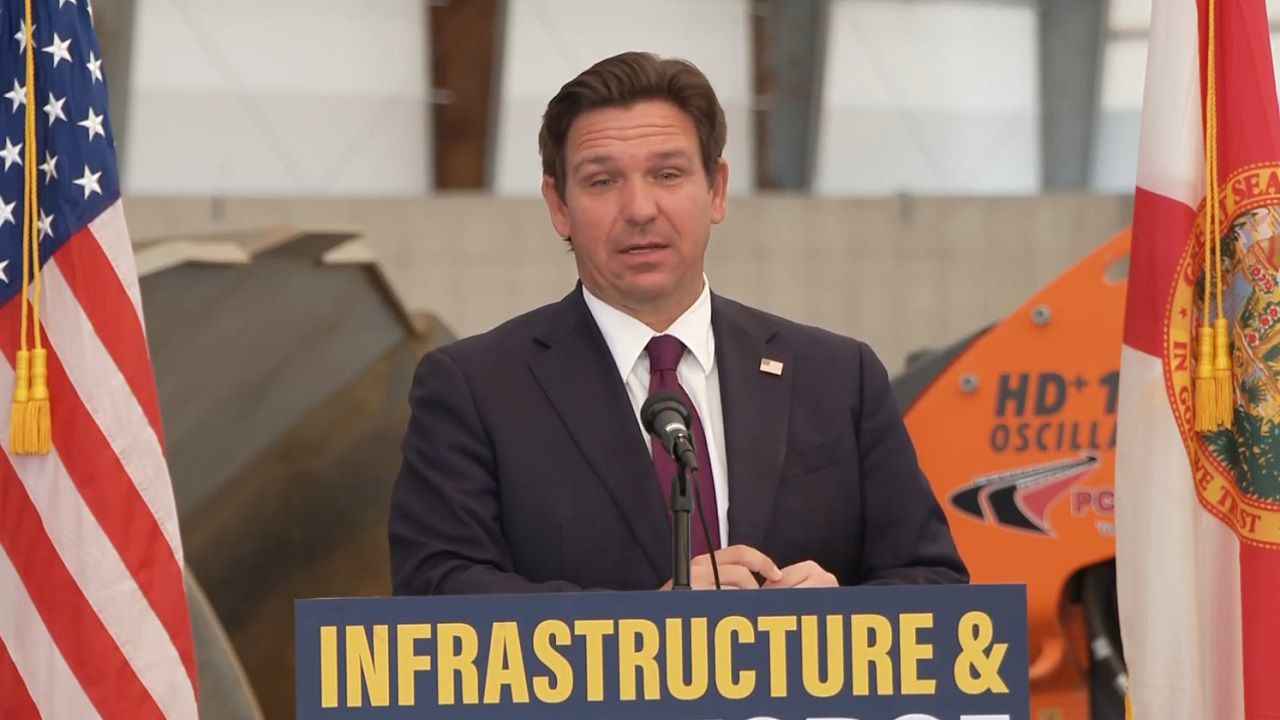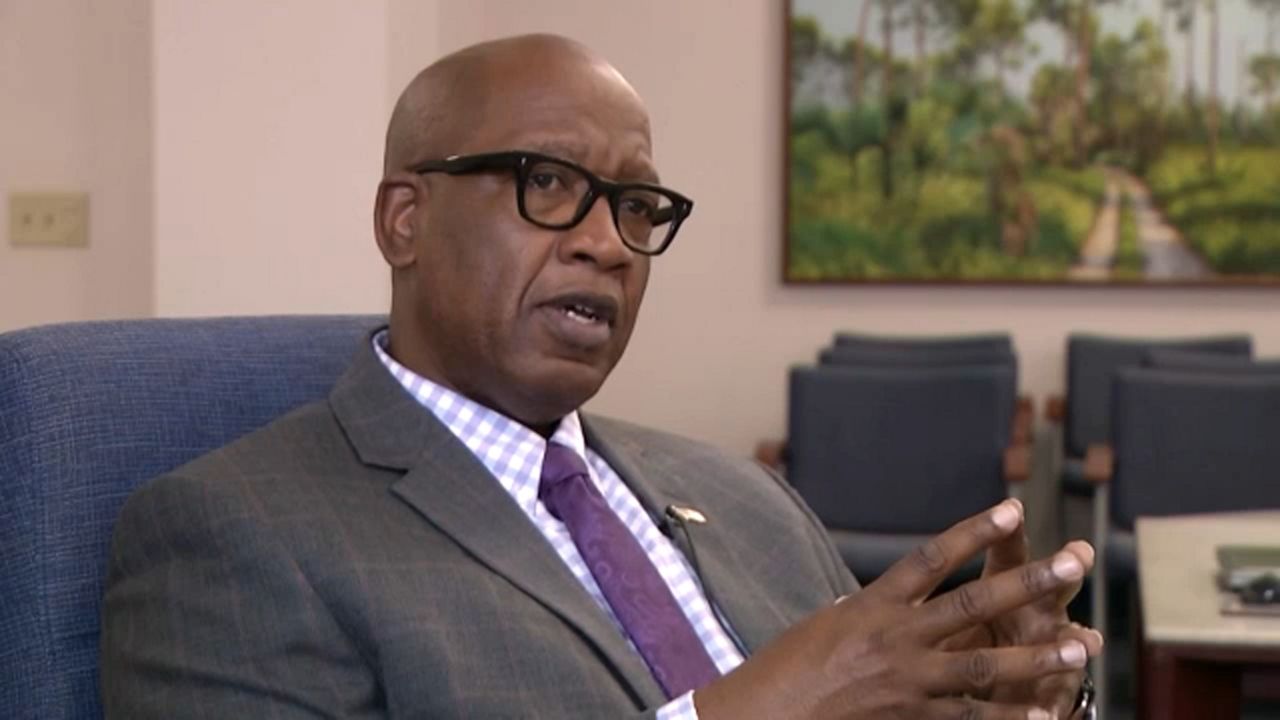As Gov. Rick Scott campaigns to unseat three-term Democratic Sen. Bill Nelson, critics are accusing him of engaging in pay-to-play politics by leveraging his stewardship of the Florida state pension fund for political contributions.
- Pension fund investment commitments scrutinized
- Legality of donations to PAC also questioned
- Scott distancing self from PAC since Senate campaign declared
The pension fund in 2014 and 2015 steered $250 million in investment commitments to two equity firms represented by executives who donated a combined $55,000 to a Scott-aligned super PAC last year. The executives, Douglas Kimmelman of Energy Capital Partners and New Mountain Capital CEO Steve Klinsky, are barred by federal election law from contributing to Scott's campaign account; PAC contributions, however, are generally fair game.
For some retired state workers, the donations represent what they believe is the clearest evidence yet Scott has abused the power of his office.
"Gov. Scott has moved into an area that he should not be doing, with accepting money from organizations that directly benefit from him," said Dave Jacobsen, president of the Northwest Florida AFSCME Retirees. "He's putting his own self-interest above all of the hard-working Floridians."
Jacobsen also argues the donations to the New Republican super PAC may not have been legal, after all. Because Scott served as chair of the PAC at the time of the donations and the committee is now organized in support of his candidacy, a case could be made that the PAC is a de facto arm of Scott's campaign, Jacobsen said.
Federal law prohibits investment executives with business before candidates serving in official capacities from donating to PACs that coordinate with those candidates' campaigns.
But since formally announcing his U.S. Senate campaign on April 9, Scott has gone to great lengths to distance himself from the PAC, deferring questions about its fundraising to the committee's staff.
"I'm raising money for my campaign account and, you know, people know what I'm going to do," Scott said this month. "It's no different than what I did in 2010. I tell people what I'm going to do, and if people want to contribute, they'll contribute."
The governor's political detractors, however, say the donations are questionable at best, skirting federal law potentially to the point of illegality. And while a probe appears unlikely, they're pledging to make the issue a prime exhibit on the campaign trail.
"He's taking that same pension plan and playing politics with it," Jacobsen said.








